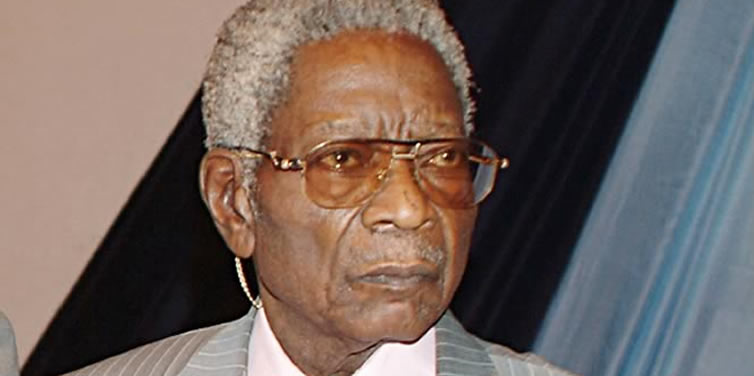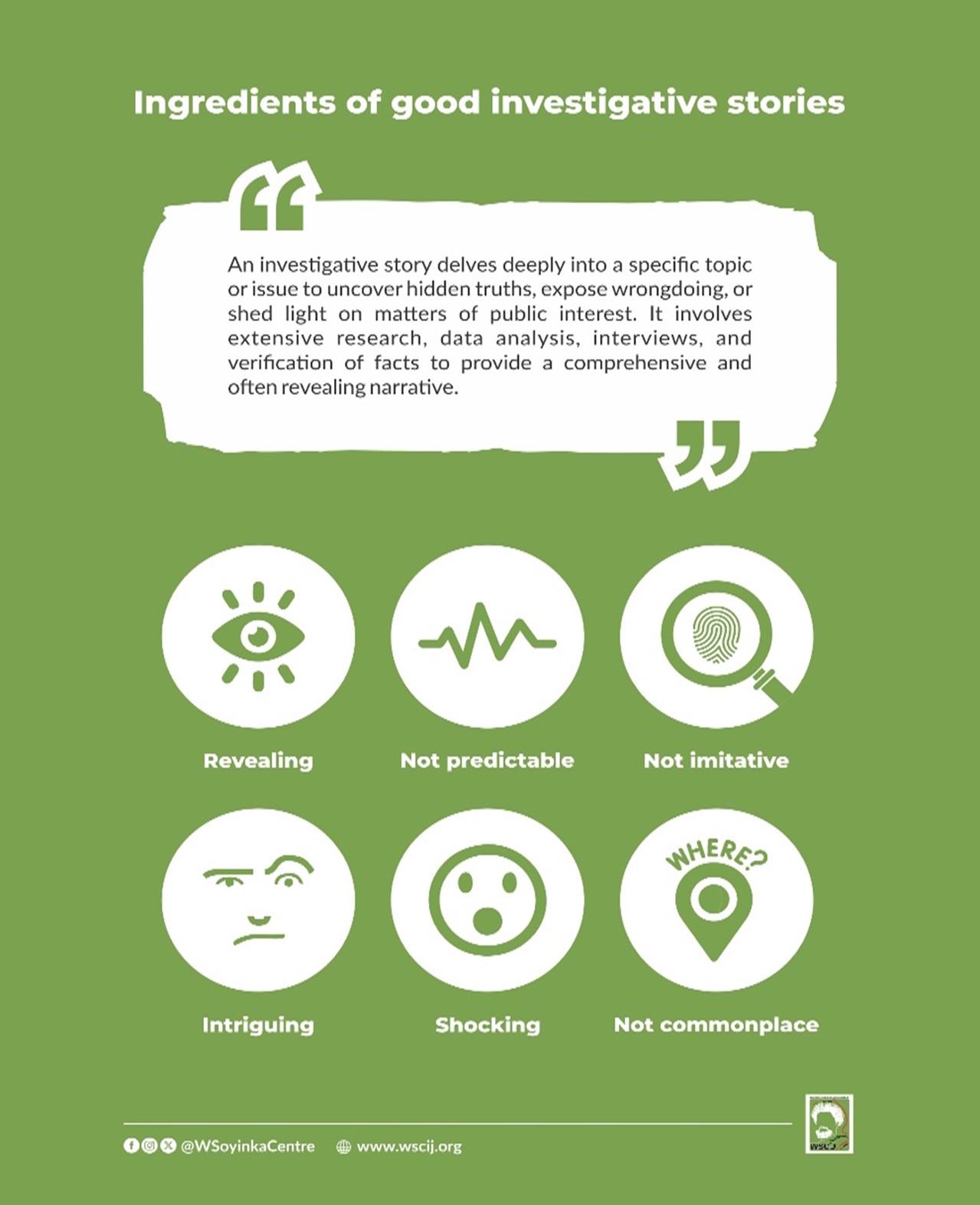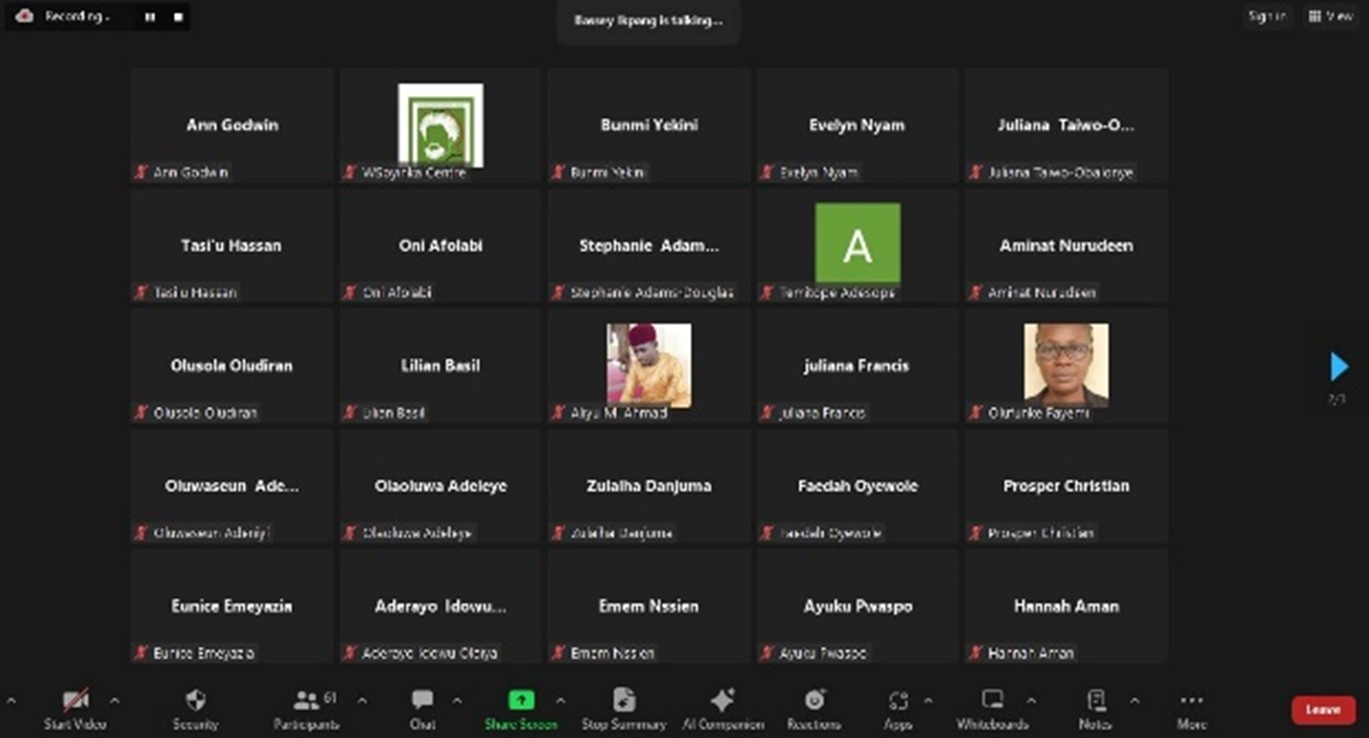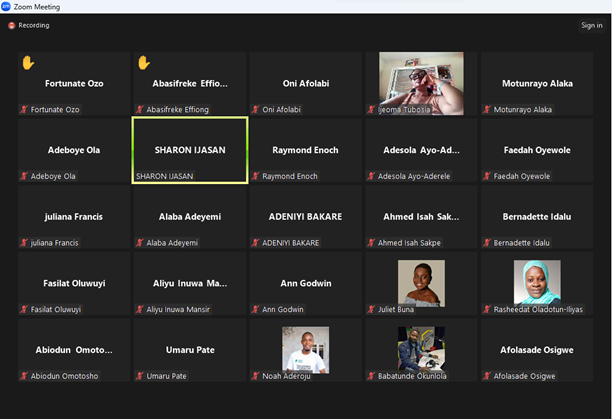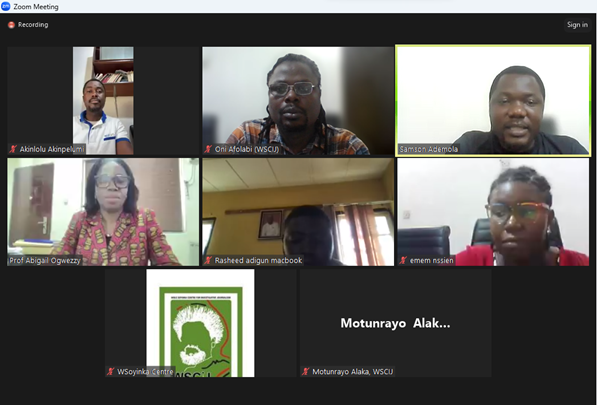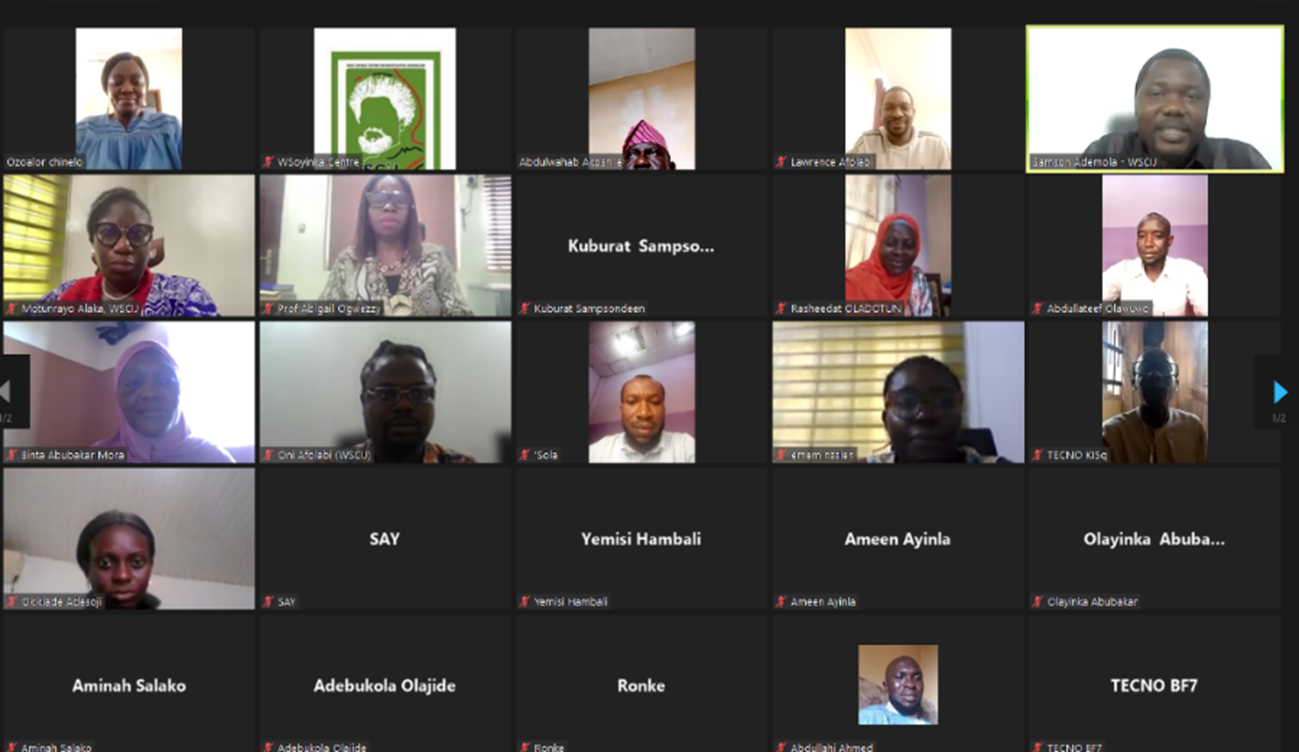Justice Kayode Eso once said: “Woe unto corrupt judges. I am not happy to have a corrupt bench. It is a deadly thing.” Honourable Justice Samuel Kayode Eso (CON) is a living legend. He was judge at the Supreme Court in Nigeria until 1990, where he stood up against corruption and since retirement has continued to campaign against corruption.
Born on Friday, September 18, 1925, He was called to the English Bar, Lincoln’s Inn in 1954 and to the Nigerian Bar in December of the same year. As a legal practitioner, Eso defended black miners in Jos who were protesting against the discriminatory practices of the British colonial authorities. He served as a judge of the Western Region Court of Appeal becoming the acting President of the Court in 1976; and was also the first Chief Judge of Oyo State.
He has been aptly described as ‘the Activist of the Supreme Court’; ‘the Lord Denning of Nigeria’ and “one of the greatest analytical minds to have ever sat on the Supreme Court Bench”, because of his courageous and bold judgments, and his unquestionable integrity and intellectual ability. He was honoured with an honorary sitting on the Bench of the English Court of Appeal at the invitation of Lord Denning, Masters of the Rolls.
In 1989, he headed an anticorruption panel, whose report led to the establishment of the Independent Corrupt Practices and other Offences Commission (ICPC). In 1993 he chaired a panel on the reform of the judiciary, which resulted in the establishment of the National Judicial Council.
One of the noticeable cases where Eso demonstrated his judicial activism philosophy is known as the Mystery Gunman case. This is the trial of Wole Soyinka over his role in a broadcast which the government of the defunct Western Region of Nigeria considered offensive. While returning a verdict of ‘not guilty’ on Wole Soyinka who was then charged with treasonable felony, he demonstrated the independence of the judiciary.
Another case where Justice Eso demonstrated activism and integrity was the case of Chief Obafemi Awolowo V Alhaji Shehu Shagari in 1999, a case relating to the interpretation of electoral statutes, and other laws. In his dissenting judgment, he held that at least 2/3 of 19 states could only be 13 and not 12 2/3. In the case of Ojukwu V Military Governor of Lagos State reported in 1986, Justice Eso condemned the forced eviction of Ojukwu from his residence by the Lagos State government as “executive lawlessness.” In the case, he declared boldly: “the essence of the rule of law is that it should never operate under the rule of force or fear. To use force to effect and act and while under the marshall of that force to seek the court’s equity is an attempt to infuse timidity into court and operate a sabotage of the cherished rule of law. It must never be.”

